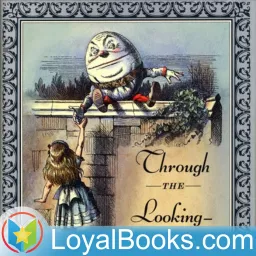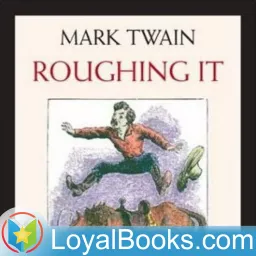The History of the Plague in London by Daniel Defoe

The History of the Plague in London is a historical novel offering an account of the dismal events caused by the Great Plague, which mercilessly struck the city of London in 1665. First published in 1722, the novel illustrates the social disorder triggered by the outbreak, while focusing on human suffering and the mere devastation occupying London at the time. Defoe opens his book with the introduction of his fictional character H.F., a middle-class man who decides to wait out the destruction of the plague instead of fleeing to safety, and is presented only by his initials throughout the novel. Consequently, the narrator records many distressing stories as experienced by London residents, including craze affected people wandering the streets aimlessly, locals trying to escape the disease infected city, and healthy families forced to confine themselves behind closed doors. Apart from these second-hand accounts, the narrator also provides a thorough explanation on how quarantine was managed and kept under control. In addition, he seeks to debunk all squalid rumors which have produced a false interpretation of the bubonic plague. However, not everything is bleak in the account, as the novel offers some affirmative evidence that humanity is still capable of charity, kindness and mercy even in the midst of chaos and confusion. Although regarded as a work of fiction, the author engrosses with his insertion of statistics, government reports and charts which further validate the novel as a precise portrayal the Great Plague. Furthermore, Defoe offers a systematic approach to his depiction of the Great Plague as he presents a detailed assessment of the death toll, while also identifying specific locations heavily stricken by the epidemic, and analyzing sets of rumors and anecdotes relating to the disaster. Nevertheless, The History of the Plague in London is highly valuable due its direct treatment of the issues and its historical veracity, which absorbs and transports the audience to a haunting 17th century London.































